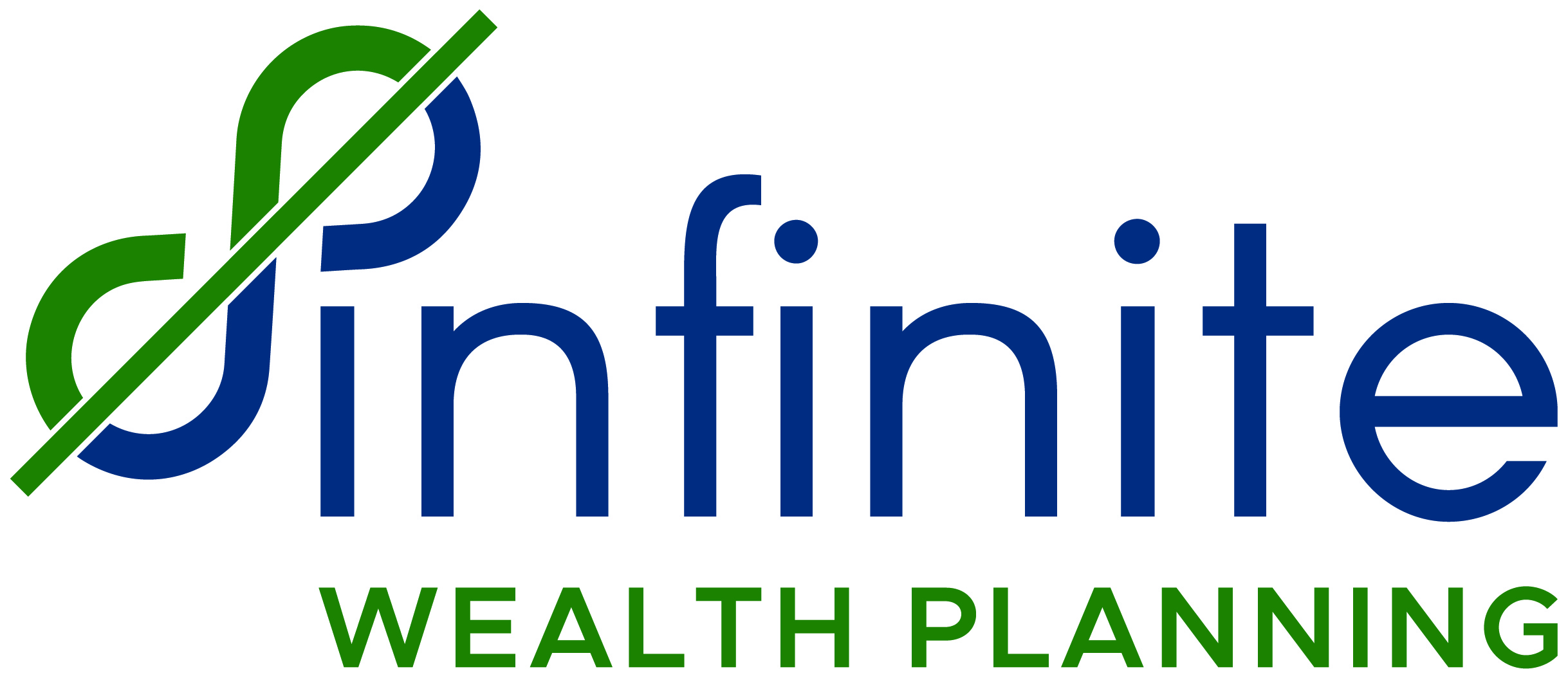
Common Inquiries:
Frequently Asked Questions
Congratulations on achieving financial success! Now, you might be navigating complex challenges like managing substantial assets, optimizing tax strategies, or streamlining expenses. This FAQ page addresses some common inquiries, but remember, your situation is unique. As a fee-only, independent CFP®, I offer personalized, confidential guidance to help you organize, grow, and protect your wealth. Let's build a partnership that empowers you to make confident, informed, purpose-driven decisions for your financial future.

F.A.Q.
Navigating complex financial decisions at your level requires specialized expertise and a trusted partner. As a fee-only, independent Certified Financial Planner Professional (CFP®), I offer tailored guidance to individuals focused on comprehensive wealth management.
Additionally, I’ve served on the board of our local Financial Planning Association in various roles since 2014 and teach the Financial Planning Capstone class at the University of Cincinnati Lindner College of Business.
As a fee-only advisor, I do not receive any commissions for selling products. Any compensation that we receive is transparent and billed directly to your account. My incentives are purely focused on helping you build and preserve wealth aligned with your unique goals and objectives.
Yes, I am a fiduciary, which means I have a legal and ethical obligation to act in your best interests, prioritizing your financial goals above mine. This commitment is further reinforced by my status as a Certified Financial Planner Professional (CFP®), bound by the strict CFP code of ethics.
For greater transparency, you can access the detailed code of ethics here.
As your dedicated fee-only advisor, I offer a wide range of services to streamline your financial journey. I aim to provide clear guidance and tailored solutions so you can confidently pursue your financial objectives.
Life Planning
It’s essential to retire well, but it’s also important to be able to enjoy today! I help clients balance current spending with future goals. Specifically, I assist with:
- Savings projections to determine how much is the “right’ amount to save and invest towards retirement or otherwise.
- Tax optimization of savings strategies integrating the various available options.
- Planning for large purchases like a house, college tuition, business purchases, etc.
- Learning more about the importance of long-term investing, how to manage assets and liabilities, and how to manage risk.
Retirement Planning
Retirement is a huge decision. It’s important to work with an advisor to ensure you have a pathway to success. I provide the following retirement planning services:
- Monte Carlo projections to measure retirement success through various market scenarios.
- Investment analysis to make sure that your allocations offer the right amount of stability and growth to achieve short-term goals while managing the long-term risk of inflation.
- Income analysis to balance income sources like pensions and annuities with investment accounts designed for growth.
- Tax analysis to determine the ideal withdrawal sequence from investment accounts to balance capital gains and income taxes over time.
Investment Planning
Proper investing is critical to long-term financial success. I use an index-based approach to client portfolios and focus on:
- Strategic asset allocation: Tailored to your time horizon, risk tolerance, and capacity for risk.
- Tax-efficient portfolio construction: Minimizing unnecessary taxable income within your accounts.
- Dynamic management: Adapting to macroeconomic shifts for optimized returns.
Tax Planning
We gather tax returns from our clients on an annual basis. We use these returns for scenario modeling to identify opportunities such as:
- Benefits optimization for W-2 employees
- Income deferral strategies for business owners
- Optimal retirement distribution sequencing for retirees
- Strategic management of capital gains
- Charitable giving
- Family gifting. We also collaborate with your CPA for improved communication and comprehensive planning.
Insurance Planning
As a fee-only firm, we do not sell insurance for a commission. Instead, we provide unbiased consulting around your insurance needs and analysis of existing insurance products. We work with partners to provide insurance solutions when appropriate.Estate Planning
A clear estate plan ensures that your wealth transfers seamlessly and your family has proper support. Here's how I assist with your estate planning:
- Make sure account titling and beneficiary designations are in place and aligned with intentions.
- Review estate documents such as trusts, wills, etc.
- Partner with attorneys and corporate trustees as needed to implement or design trusts, manage complex estate plans, and identify opportunity areas.
- Build a simple estate plan through Trust & Will.
Personalized Approach
Beyond these core services, I prioritize building strong relationships with my clients. Open communication, transparency, and regular reviews help ensure your financial plan aligns with your evolving goals.
As a fee-only advisor, I offer transparent and flexible compensation options tailored to your needs:
- I charge clients with over 300k of investible assets an annual percentage of the investment accounts. This starts at 1.3% and decreases based on account size.
- For clients with under 300k of investible assets, I work with them to develop a flat-fee structure that pays for coaching, planning, and advice until they can build up their investment base.
My passion for helping people with finances started in college, where I discovered a love for personal finance and investing. I began my career at Fidelity Investments in 2013, where I developed my analytical skills while helping thousands of clients create financial plans and optimize their company benefits. In 2019, I transitioned to UBS, working closely with high-net-worth clients to deepen my expertise at one of the worlds largest wealth management firms.
Wanting to provide a genuinely client-focused experience and deliver the best possible advice, I founded Infinite Wealth Planning in 2022. My firm leverages cutting-edge technology to provide comprehensive financial guidance in investment management, tax strategies, and retirement planning. I am deeply committed to ethical practices, unbiased recommendations, and helping my clients make informed, purposeful financial decisions.
Outside of running Infinite Wealth Planning, in 2024, I began teaching finance as an Adjunct Professor at the University of Cincinnati, empowering the next generation of advisors. I've also been an active member of the Financial Planning Association of Southwestern Ohio since 2014, holding leadership roles to support the financial planning community.
Absolutely! I believe that personalized service is the foundation of successful financial planning. That's why I focus on building strong relationships with each of my clients. Unlike larger firms, I'm able to give you the focused attention and responsiveness you deserve.
Benefits of working with a dedicated advisor:
- Deeper understanding: I'll take the time to truly understand your unique goals and circumstances, tailoring a financial plan that fits your specific needs.
- Direct communication: You'll have open lines of communication with me, so you can get answers and guidance whenever you need them.
- Proactive guidance: I'll be a steady partner, proactively monitoring your plan, suggesting adjustments, and helping you navigate financial decisions with confidence.
My commitment:
As your independent advisor, I'm dedicated to providing exceptional service and building a strong, lasting relationship. I'm here to empower you to make informed, purpose-driven decisions about your wealth. You'll have a true advocate for your financial well-being, working diligently to support your long-term success.
